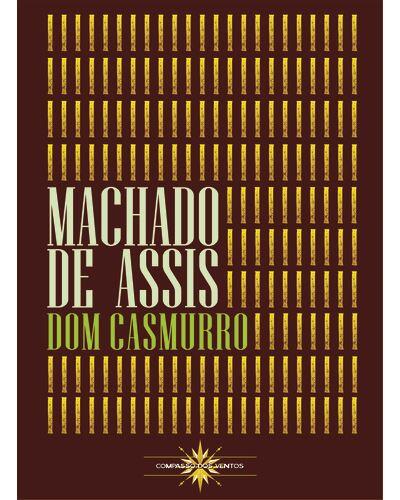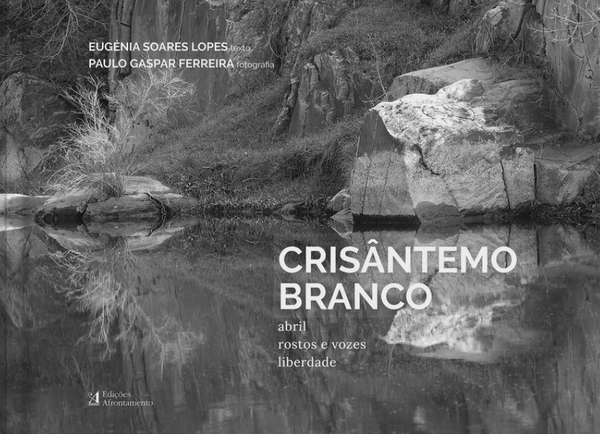Ref. #2476
Paula Carreira - Marques de Pombal e Aristoteles
18.00€
The reception of Aristotle in Portugal during the 18th century gave rise to a largely negative school of thought, motivated by the transformations resulting from the epistemological revolution of the 17th century.
Within the context of the European Enlightenment, which inspired one of the most reformist periods in our history, with the notable intervention of the Marquis of Pombal, the interpretation of ancient texts developed in two complementary registers: one critical in content, providing space for the debate of ideas; the other polemic and political in nature, integrated into a propaganda campaign against an enemy (in this case, the Jesuits) who considered Aristotle one of their inspirations in the pedagogical and philosophical fields. We analyzed texts by representative authors of the selected period, as well as legislative and propaganda documents, in order to understand the motivations that led to the general repudiation of the Aristotelian tradition (ancient and scholastic), whose epilogue was the widespread eradication of its study from academic curricula, renewed with the promulgation of the new Statutes of the University of Coimbra, in 1772.






